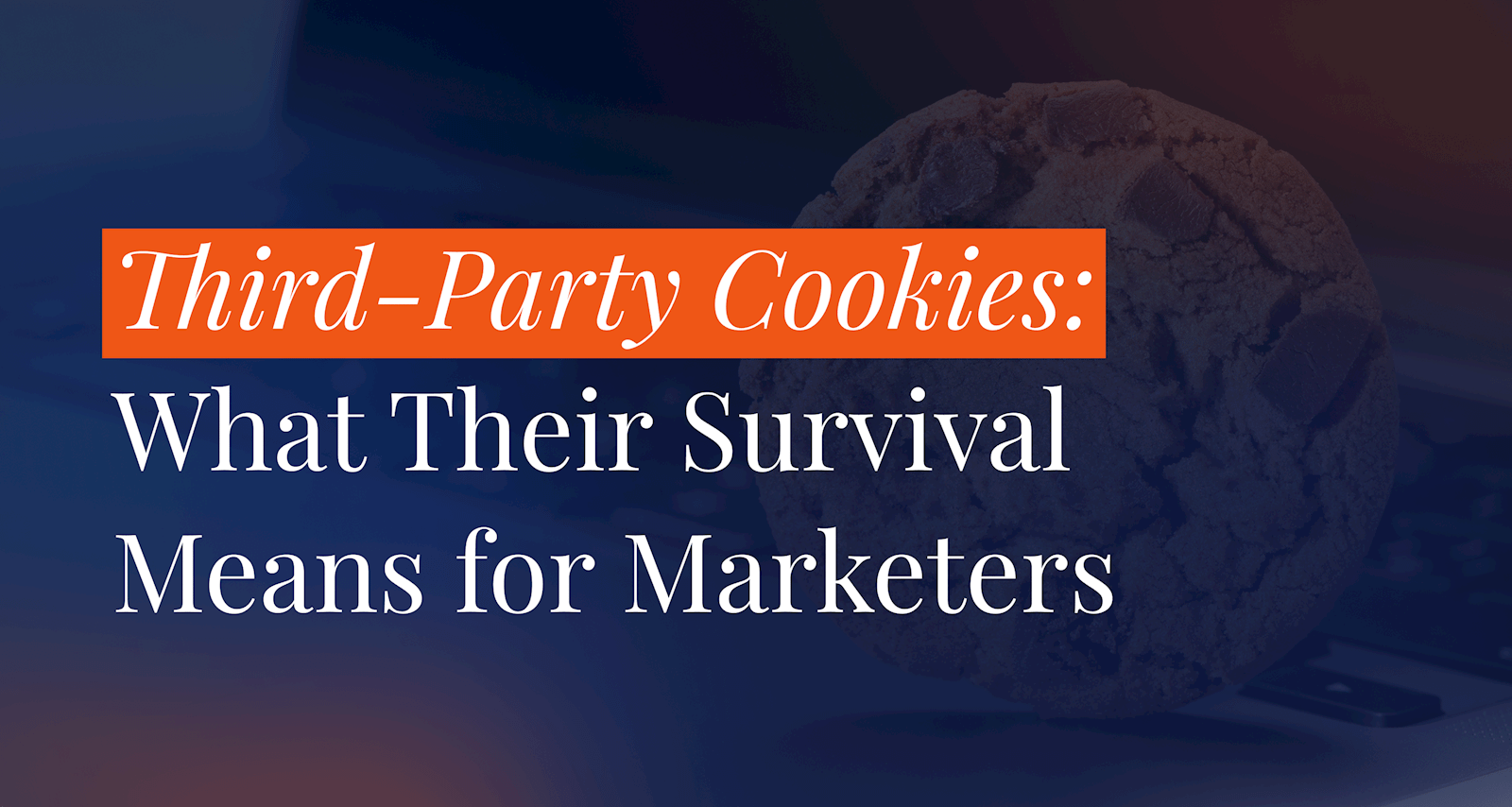A Cookie-Full Future: What Google’s Reversal Means for Your Digital Marketing
Published by Spinutech on July 24, 2024

You can cancel the funeral for third-party cookies.
A celebration might be more appropriate following the news that Google is scrapping its plan to phase out third-party cookies — breadcrumbs of data that allow third parties to track users for targeted advertising purposes — in Google Chrome, bringing to a halt a five-year effort by the tech giant to build a privacy-preserving ad-tech stack.
In a post, Anthony Chavez, VP of Google’s Privacy Sandbox, said Google will instead take an approach that “elevates user choice.” Chavez did not go into details, but said a new feature in Chrome would allow users to “make an informed choice that applies across their web browsing.”
When Google first announced its plans to depreciate third-party cookies, it was widely viewed as a total disruption of the online advertising industry.
On the surface this is obviously a win for digital marketers everywhere, but there is more to understand regarding the wide-reaching implications of this policy reversal.
Let’s dig in!
First-Party Data is Still a Must-Have
Even with third-party cookies sticking around for the foreseeable future, building and leveraging first-party data remains essential. This data offers unparalleled insights and enables marketers to launch more targeted — and generally more effective — campaigns. Google’s shift to a "signals" approach, which predates this most recent announcement, relies on AI for enhanced targeting and further underscores the value of robust first-party data.
There’s no stronger data than your own, and Google’s decision does not change that.
No One is Happier Than DSPs
Demand-Side Platforms (DSPs) that rely on third-party data for audience segmentation will benefit from the continuation of cookies. This stability ensures that audience segments will remain dynamic and effective. While they may not seem as critical as they did prior to Google’s announcement, solutions developed to track cross-channel interactions will still enhance targeting capabilities, offering a more consistent approach to programmatic advertising.
Your Organic Traffic is Even More Valuable
If you’re a business operating in a vertical with a long conversion funnel, pop the champagne. This is great news for you and your organic traffic. With third-party cookies no longer on the chopping block, your paid search campaigns will still be able to target traffic earned through organic, serving them ads to keep them moving through the funnel.
Social Media Platforms Were Ahead of the Curve
The impact of Google backtracking on phasing out third-party cookies won’t have a huge impact on most social media platforms. Most had anticipated the loss of cookies and were able to stabilize their ad performance by launching their own versions of server-side pixels. Now with cookies hanging around for the foreseeable future, those pixels will ensure even better data.
Where brands need to be focusing their energy is in developing strong creative for social media to differentiate their product and services in a crowded marketplace.
Don’t Stop Future-Proofing Your Strategy
While the urgency to pivot entirely to first-party data has decreased with Google’s announcement, exploring and integrating these capabilities remains a wise investment. This approach ensures resilience and adaptability in a constantly evolving digital landscape. Staying proactive and adaptive is essential to maintaining a competitive edge.
At Spinutech, the only pivot we’re making is to retire the phrase “cookie-less future,” still relying on best practices whether they were made with cookie deprecation in mind or not.
If you want to get into more specifics about how Google’s news impacts your digital marketing strategy, let’s chat.